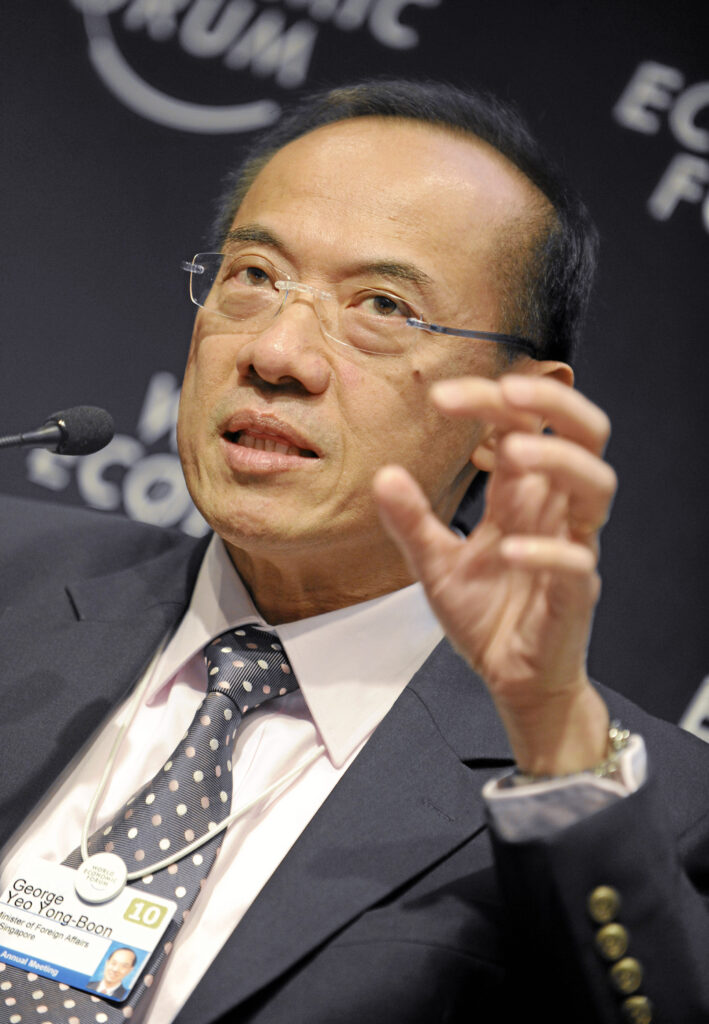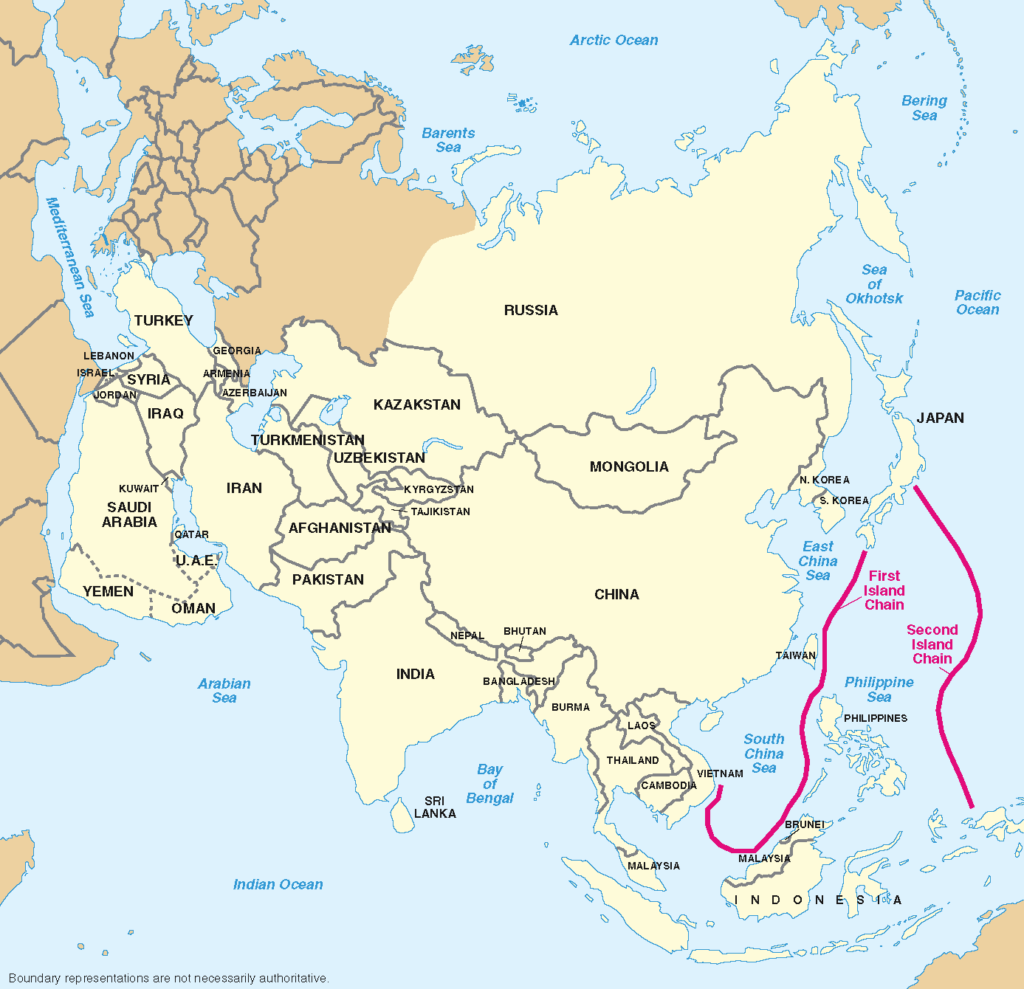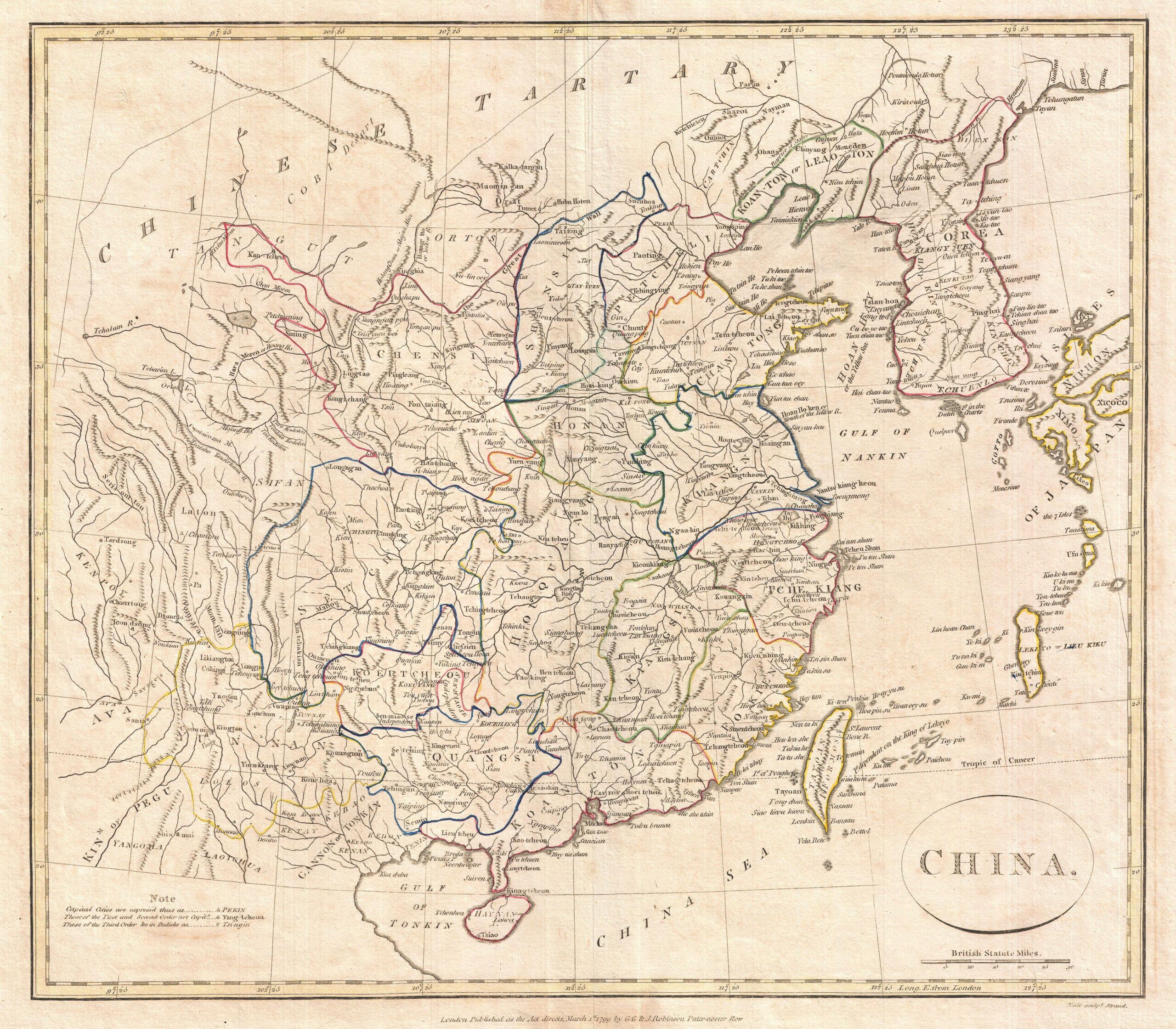by Brian Hioe
語言:
English
Photo Credit: Public Domain
FORMER SINGAPOREAN MINISTER for Foreign Affairs George Yeo raised eyebrows with comments earlier this month asserting that Taiwan was a “piece on the chessboard.” Though these comments provoked some outrage in Taiwan, Yeo’s full comments were not necessarily incorrect, in that he went on to state that Taiwan was itself aware of its role as a geopolitical pawn of larger powers, and that it was its own choice as to how to be played. Yeo next went on, however, to rather outlandishly suggest that a solution for Taiwan and China to establish peace was to form a confederation with China.
This is not the first time the idea has come up in political discourse about Taiwan. The idea has sometimes been brought up by members of the pan-Blue camp who, of course, at the end of the day, hope to see the political unification of Taiwan and China. More recently, the New York Times decided to platform former democracy movement activist Annette Lu’s notion of a confederation between Taiwan and China, one of many ways that Lu’s ideas have become increasingly out of touch with reality and she has become an increasingly marginalized figure.

George Yeo. Photo credit: World Economics Forum – Michael Wuertenberg/Flickr/CC BY-SA 2.0
Nevertheless, Yeo’s comments are a non-starter. For one, the idea would not be politically viable in Taiwan, which has observed the deterioration of political freedoms in Hong Kong after its political administration was taken over by China after the 1997 Handover. Although China promised that Hong Kong’s political system would remain unchanged for fifty years under the framework of “One Country, Two Systems,” China did not abide by its word, hence the erosion of electoral democracy in Hong Kong.
The notion of a confederation in China would raise uncomfortable specters of Hong Kong. Indeed, “One Country, Two Systems” has become such a toxic brand in Taiwan that even the KMT would seek to distance itself from the idea, trying unsuccessfully in previous elections to distinguish the 1992 Consensus and the formula of “One China, mutual interpretations” that it advocates from “One Country, Two Systems”. It is improbable that Taiwanese would accept the idea, in line with pushback against the notion of signing a peace treaty with China because this, too, could cede Taiwan’s political freedoms.
But this would not only be a matter of domestic politics either. If Taiwan suddenly aligned with China by way of a Chinese confederation, regional powers such as the US, Japan, and the Philippines would be put on edge.
For one, there is the economic dimension, in that the world is currently highly reliant on Taiwan for semiconductors. Taiwan produces 65% of global supply and 90% of advanced semiconductors. It is thought that reliance incentivizes western powers to defend Taiwan. The US would be cautious of China shutting it out of its supply of semiconductors if it were to become part of a confederation with Taiwan.
Then, there is the military dimension. Taiwan occupies a crucial geostrategic position in the Pacific. The US and Japan would forever be cautious about Chinese naval activity, particularly from submarines off the east coast of Taiwan, if Taiwan were to become part of a Chinese confederation, potentially opening up the path for China militarizing Taiwan.

Diagram of the First and Second Island Chains. Photo credit: US Department of Defense/Public Domain
Indeed, there is little way that Yeo’s idea would not be perceived by western powers or regional powers that have a stake in the Asia Pacific as Taiwan falling under Chinese political control. And Yeo’s idea, likewise, would probably amount to de facto Chinese control of Taiwan.
One wonders how Yeo ever made it to the position of Minister for Foreign Affairs, then. If China were so harmless, why should not Singapore–another nominally majority ethnically Chinese state–also become part of a confederation with China? One imagines Singapore would not accept the idea. After all, it is because of cautiousness of China that the Singaporean military trains in Taiwan and not in China.
After criticisms by the Taiwanese government that suggested Yeo was acting to voice the views of the CCP, Yeo has denied the outlandish nature of his remarks, touting his past meetings with former president Ma Ying-jeou and others. Of course, Yeo’s diplomatic exchanges in the past seem to have largely been with KMT politicians, as a result of which perhaps his views surprise less.



